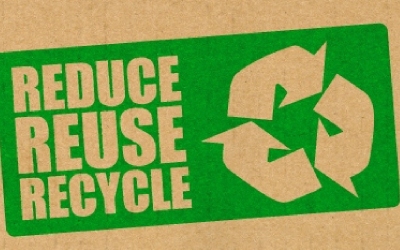
As cartoon characters and graphs danced on a giant screen behind him, Maramangalam explained that carbon dioxide levels are higher than they’ve ever been in 800,000 years, and that this is driving up the globe’s thermostat. He said, ‘Jacking up the temperature toward this point should be freaking people out, but it’s happening quietly.’ According to recent polls, students in the US learn little about climate change at school, and even many adults have a fuzzy notion of what causes it, and so ACE aims to fill a big gap.
The new K-12 science standards issued in April include, for the first time, climate change. However, even though the standards were written by a consortium of science and education groups in consultation with 26 states, they are only voluntary and could take years to roll out. Therefore, Maramangalam hopes to educate young people quickly about a topic that scientists say – for the sake of human wellness and the planet’s wellbeing – must be urgently addressed.
Maramangalam told the students, ‘You’ve inherited a country that’s all about living large,’ explaining that each person takes up not only the space occupied by their home and school, but also land in Iowa to grow their food, in Brazil and China to make all their “stuff,” and in the Middle East to get fuel to drive around. He asked, ‘Can you believe that the average American teenager uses about 21 football fields of Earth’s resources to live?’
According to Matt Lappe, ACE’s education director, today’s high school students are ‘going to be the generation to feel the impacts [of climate change] hardest and first, and so in some sense we target high-schoolers, and young people in general, because they really have a right to know climate science.’ The presentation itself seemed to make a big impact on students, with senior Danielle Snowden noting, ‘It was kind of scary. I didn’t realize that it was that big of an issue. I just thought, you know, we should do better. But it’s like, we have to do better.’
